Lenses for Nikon Cameras Category
Our Lenses for Nikon Cameras category covers the latest and best Nikon and third-party lenses for your Nikon camera you can buy in 2025.
Latest Nikon Lenses Posts
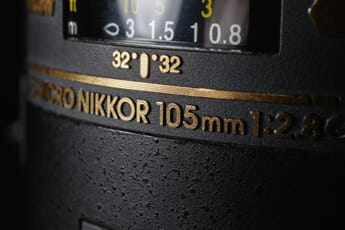 Best Macro Lenses for Nikon (10 Top Picks in 2024) The 10 best macro lenses for Nikon cameras in 2024. Options for all budgets and experience levels.
Best Macro Lenses for Nikon (10 Top Picks in 2024) The 10 best macro lenses for Nikon cameras in 2024. Options for all budgets and experience levels.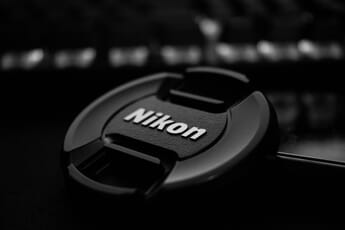 Best Nikon Lenses for Video in 2024 Check out the best Nikon lenses for video in 2024 including wide angle, standard zoom, and telephoto zoom choices.
Best Nikon Lenses for Video in 2024 Check out the best Nikon lenses for video in 2024 including wide angle, standard zoom, and telephoto zoom choices.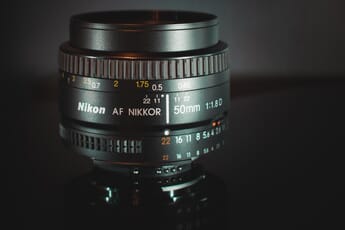 The Best 50mm Lenses for Nikon Cameras The best 50mm lenses for Nikon: Sharp 50mm prime lenses for your Nikon DSLR can make or break your photo shots. We picked 5 great lenses.
The Best 50mm Lenses for Nikon Cameras The best 50mm lenses for Nikon: Sharp 50mm prime lenses for your Nikon DSLR can make or break your photo shots. We picked 5 great lenses.Nikon Lenses Posts Ranked by Popularity
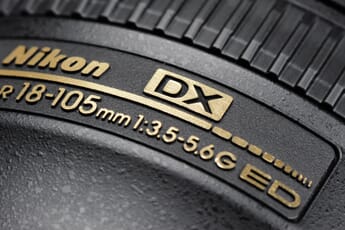 Best Nikon DX Camera Lenses The 10 lenses for the Nikon DX. Discover the best Nikon, Sigma, and Tamron lenses for Nikon DX (full-frame) cameras in 2024.
Best Nikon DX Camera Lenses The 10 lenses for the Nikon DX. Discover the best Nikon, Sigma, and Tamron lenses for Nikon DX (full-frame) cameras in 2024.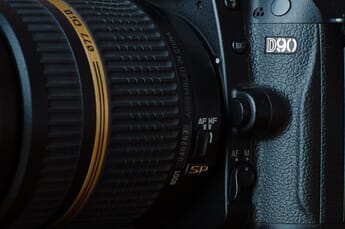 Best Tamron Lenses for Nikon: Top 7 Picks Discover the best Tamron lenses for Nikon cameras! We include great picks for DSLRs and mirrorless models.
Best Tamron Lenses for Nikon: Top 7 Picks Discover the best Tamron lenses for Nikon cameras! We include great picks for DSLRs and mirrorless models.Discover Nikon Lenses on PhotoWorkout
Welcome to the Nikon Camera Lenses category at PhotoWorkout.com, your comprehensive guide to the finest Nikon lenses and third-party lenses compatible with Nikon cameras. In this category, you’ll discover an extensive array of articles, reviews, and guides tailored to suit every Nikon photographer’s needs in 2025.
You might be interested in the best macro lenses for capturing intricate details.
Our category also boasts guides to the best 50mm lenses for Nikon— a vital piece of gear for your photography kit, and the top picks for Nikon landscape lenses, perfect for breathtaking panoramas. Also, don’t miss our selection of the best Nikon lenses for astrophotography.
Nikon’s DX camera owners will benefit from our guide to the best Nikon DX camera lenses. For fans of third-party lenses, you’ll find our curated list of the best Tamron lenses for Nikon insightful.
You might also want to visit our related lenses categories, including Best-in-Class Lenses, Canon Camera Lenses, and Sony Camera Lenses. No matter what your lens needs are, PhotoWorkout.com is dedicated to helping you make the best decision.
